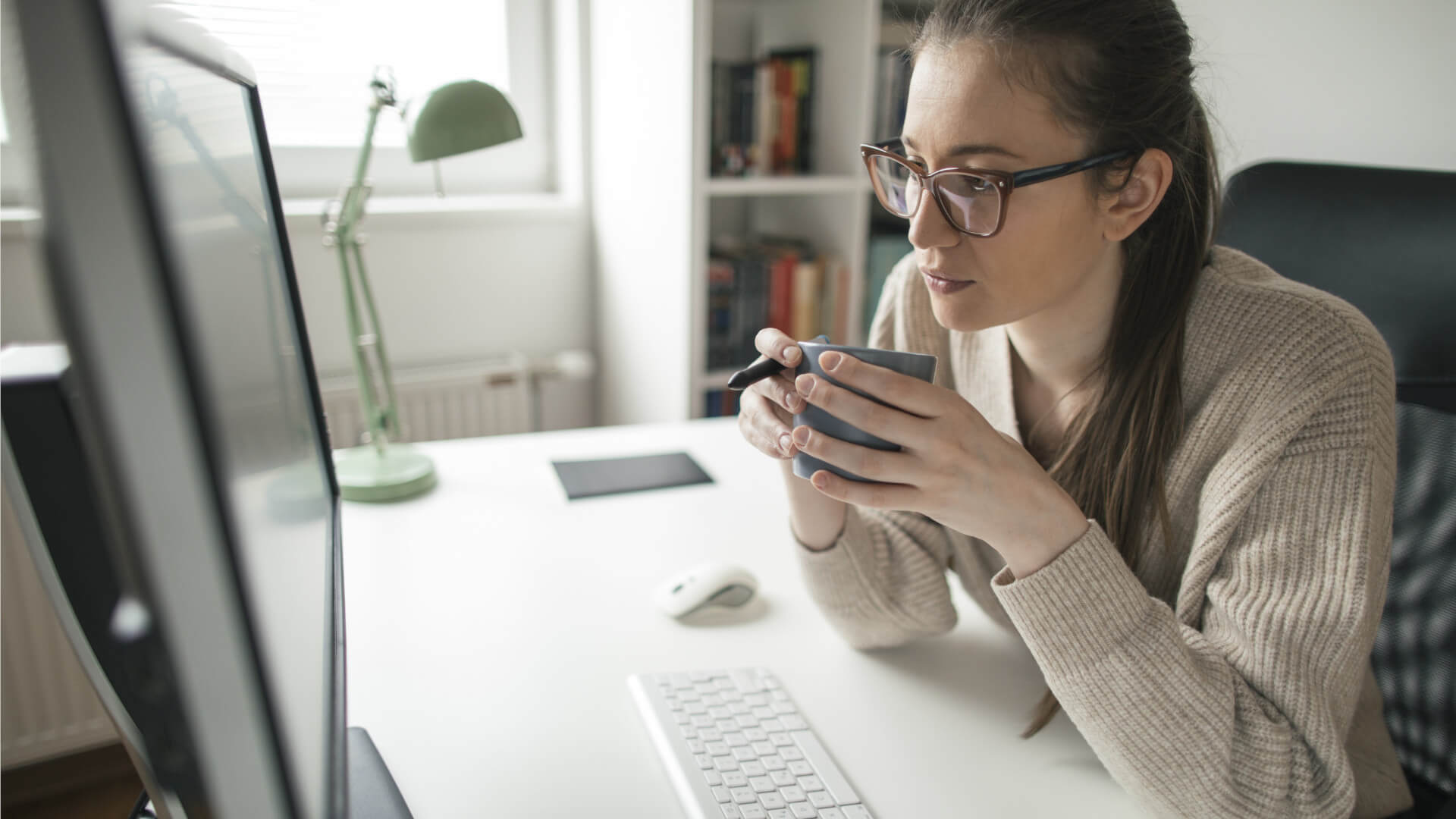Whilst we are all in the global COVID-19 crisis, more and more businesses are instructing their staff to work from home. For some people this can be a brand-new realm, it can be difficult to focus your brain on work in an environment that is usually associated with leisure. Starting your workday without having to get dressed sounds ideal in hindsight but this will deter you from getting your mind working. You should treat the day as you would going into the office, have a shower and get dressed. It is wise to set aside an area in your house such as a desk to avoid any at home distractions.
Working from home is a convenient option to get your tasks done in your own space, it isn’t impossible, but is vital to make the distinction between your home and work so you can maintain the level of efficiency and productivity that you have in the office.
To help you to work from home effectively in this global crisis, Natalie Coughlan, the marketing manager at MNA Digital has shared her top tips.
1) Keep to your working hours
Timing is key to ensure productivity when working from home. It is tempting not to set your alarm and treat yourself to a lie in, but this will only create bad habits and reduce any consistency. By keeping to consistent hours, you are more likely to stay focused on getting work done, it’s also easier for your boss to check in with you at any time. You can create flexibility on this and work at various times of the day when you’re most productive but check with your boss first.
2) Break the day up
Breaks are important to keep your brain active. If you try and concentrate for 4 hours straight this will lead to frustration. Make sure you get up and walk away from your work point, eat a snack, call up a colleague or if you can, get some fresh air. These simple actions will help to get your blood flowing and gain new perspective on your workload.
3) In home office
It can be easy to work from your sofa or even your bed for comfort, but this can impact your productivity. Try to work from a consistent room and implement a workspace, such as a desk with chairs which you can fold away at the end of the day. This will tell your brain that it’s work time and not relaxation making you feel more alert and organised. Ensure that you are comfortable with a supportive chair and include a few photos and lights to make it more unique to you.
4) Company
If you live with either your parents, partner or friends, the chances are they will be working from home too. It is important you all implement boundaries so you can focus on your own work. You can all communicate but ensure everyone understands the aim is to work and not to socialise. A great idea is to plan a time to meet in a communal space at lunchtime such as the kitchen, this way you can communicate as you would in an office space, and everyone gets a change of scenery.
5) Keep clean
If your office has a cleaner, chances are you don’t tidy up after you leave for the day. Keeping your home office space clean will help you to stay focused. A messy desk causes imbalance and creates a chaotic atmosphere. This stretches to your entire house too, having a messy house could lead you to procrastinate and work on cleaning tasks – putting your work on hold. Setting a cleaning schedule can help you to clean on the weekends so it doesn’t cut into your working hours.
6) Dress well
Even if you are self-isolating alone it is key to dress for success. You should get up and shower and brush your teeth. Wearing comfy trousers might be more comfortable but try and alternate your clothes as opposed to wearing loungewear. If you find it difficult to choose an outfit in the morning, try picking your clothes out the night before.
7) Food prep
When you have your home comforts, it can be tempting, and time wasting, to spend a long time making a lavish lunch, chopping ingredients and cooking fresh produce. Don’t use your precious minutes making your lunch during your work time and instead cook it the night before. Preparing food ahead of time will ensue that your lunch break is spent eating as opposed to cooking because you wouldn’t do that in your office.








